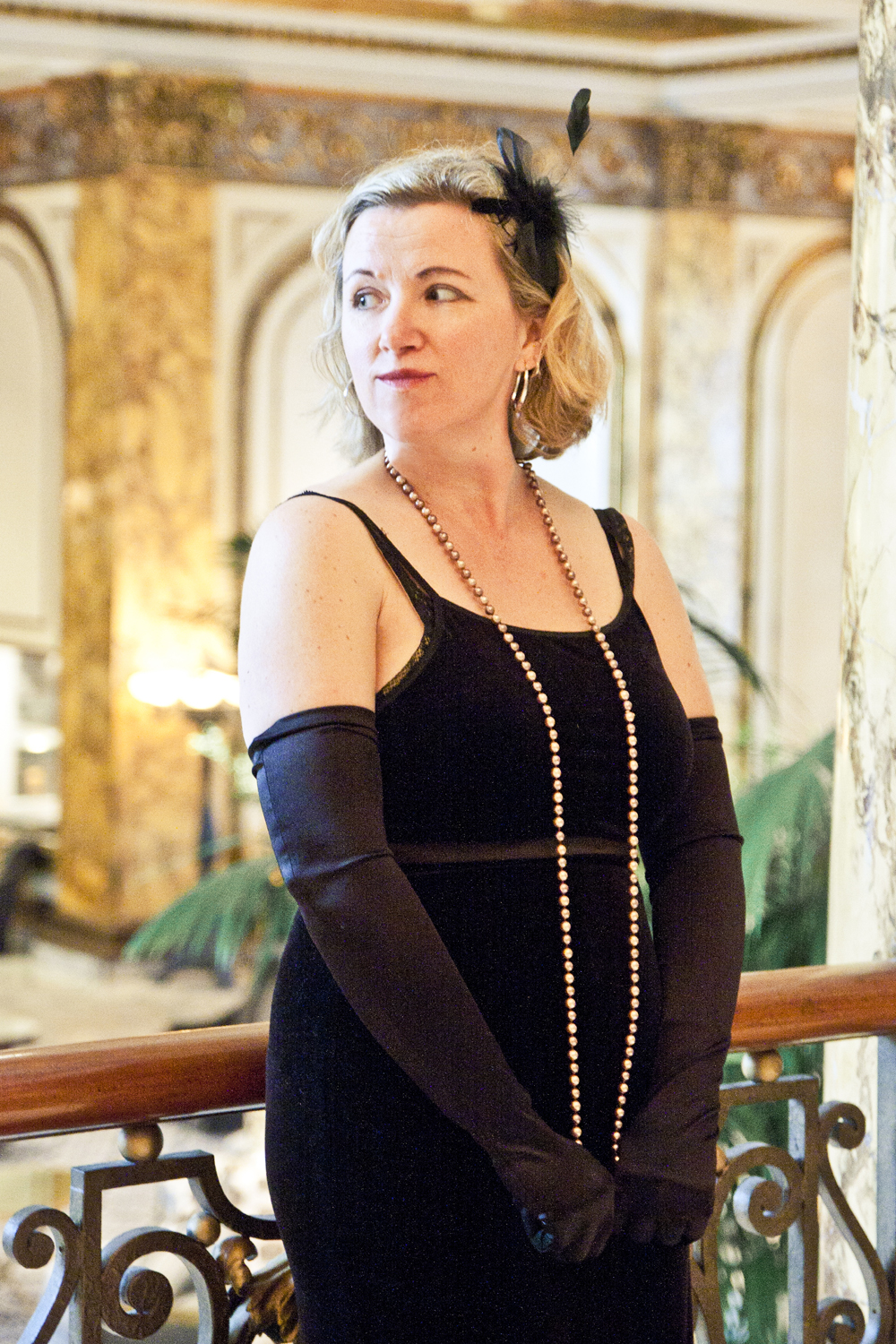-
Turbulence
It was a long day that began very early in my cozy bed with cats and husband, and alarm ringing at 3:30 a.m. The aircraft had a mechanical issue that added almost an hour to our wait time on the tarmac, and was followed by a bumpy ride, and steeplechase through Dallas-Fort Worth’s huge airport, and barely a bathroom stop before sliding into my seat on the last leg to Birmingham. The first leg was so bumpy I dry-swallowed a Xanax and it hit me in time to keep me from clawing my seat-mate as we rumbled above brown Texas, green Louisiana and Mississippi, and red Alabama. I don’t enjoy…
-
Hitting the Road
I am heading out on Tuesday to the East Coast, via the Deep South, to New England, following the course of our family history back through time. I’m starting roughly where we left off with slavery, in Alabama, and working my way backward through Georgia, South and North Carolina, up to Virginia; Maryland and D.C., then up via train to Boston and the Cape. We will end up at the Mayflower II, if all goes well. Accompanying me are my elder sister and a cousin, both of whom share my family history, and who were willing to come along for the ride. We are also planning to stop to see…
-
The Ugly Truth: Sins of the Forefathers
A few years ago I picked up a book at the library because of its intriguing cover and title. It was Edward Ball’s Slaves in the Family. I read about Ball’s exploration of his roots, delving deeply into his family’s history as slave owners, discovering the ugly truth in his own backyard, as it were. When I finished reading this devastating portrait of Ball’s own family, it took weeks before I could read anything else. My mind was full of the revelations and secrets he had exposed. Not long after, I was visiting my 93-year-old great-aunt Doris, and we turned to the topic of books. I told her about Ball’s…


